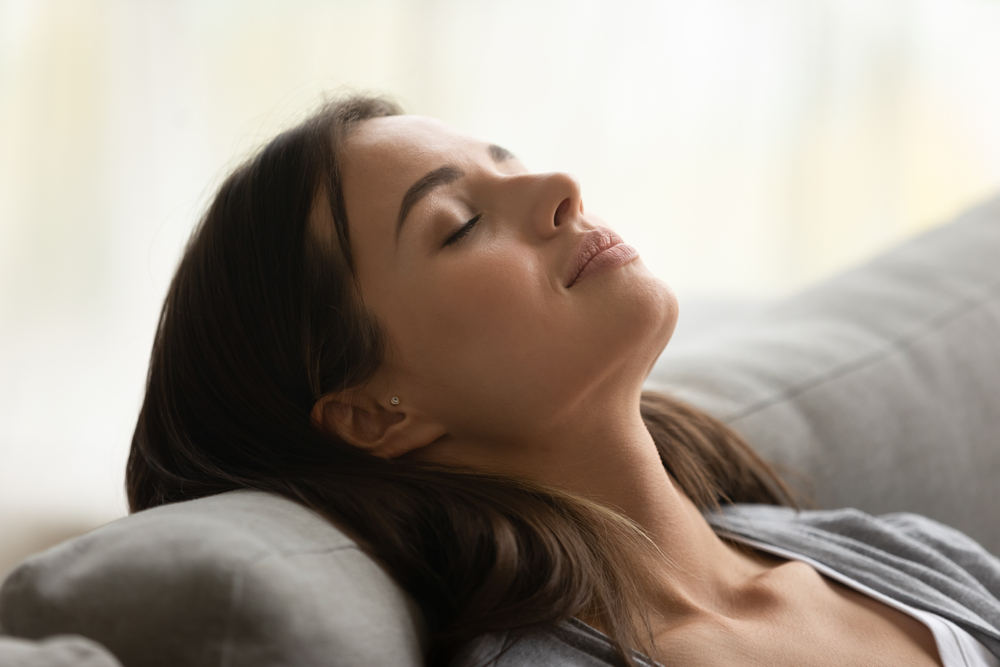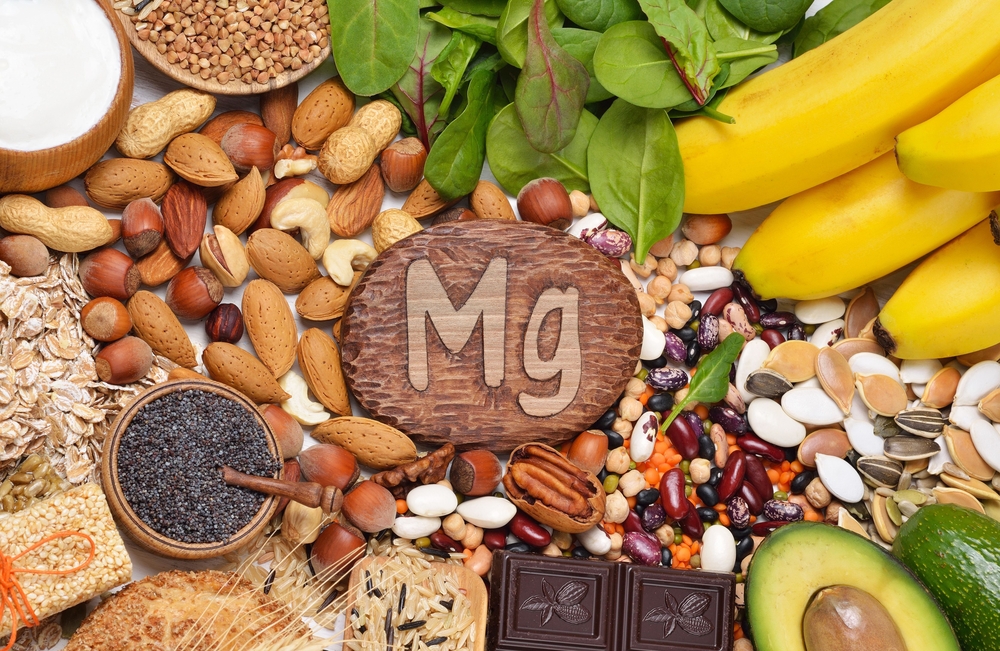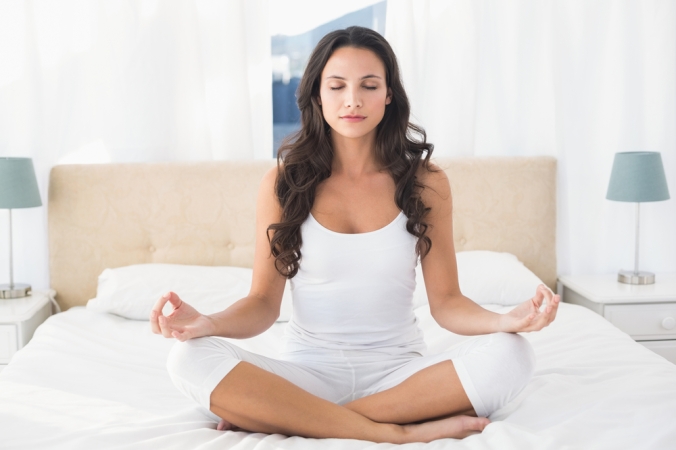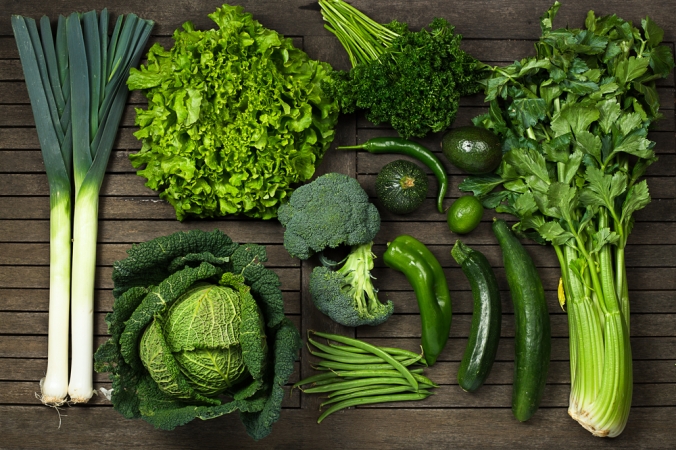
It’s the halfway point of 2023 and this makes it the perfect time to check in with your health. Are there things that could be improved when it comes to your diet, lifestyle, or supplements (if you’re taking any)?
Many of us make resolutions at New Year but the mid-year point is a great time to see how things are going.
Clinical Nutritionist Suzie Sawyer provides five great check-ins for making sure you’re on track with your health.
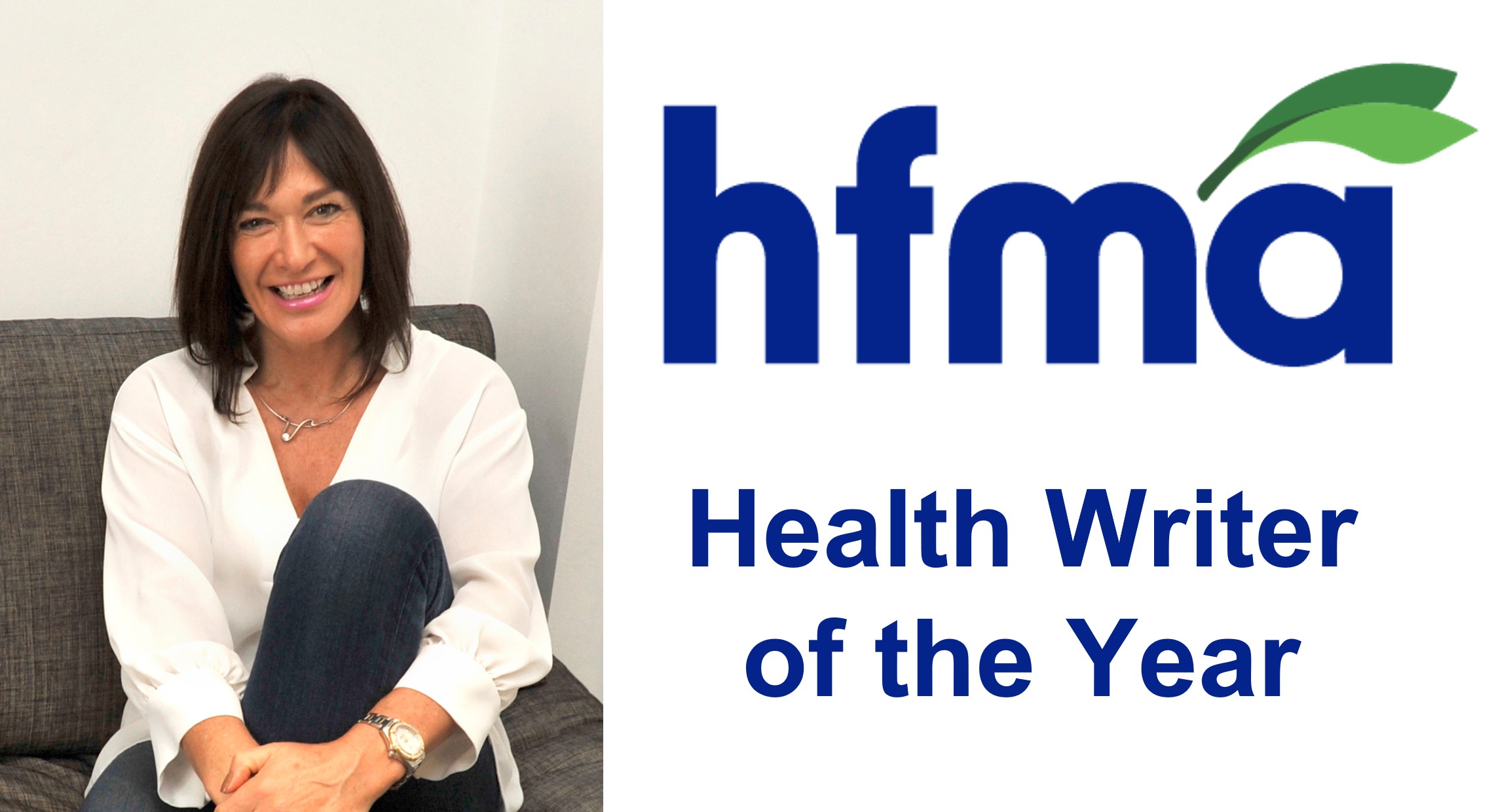
How colourful is your diet?
This is a great question to ask yourself. Why? Because if your plates are full of colourful fruit and vegetables then they’re also full of nutrients. We all know we need food for energy and survival, but it’s easy to forget that food provides important nutrients that are essential for our individual biochemistry and without which we wouldn’t thrive.
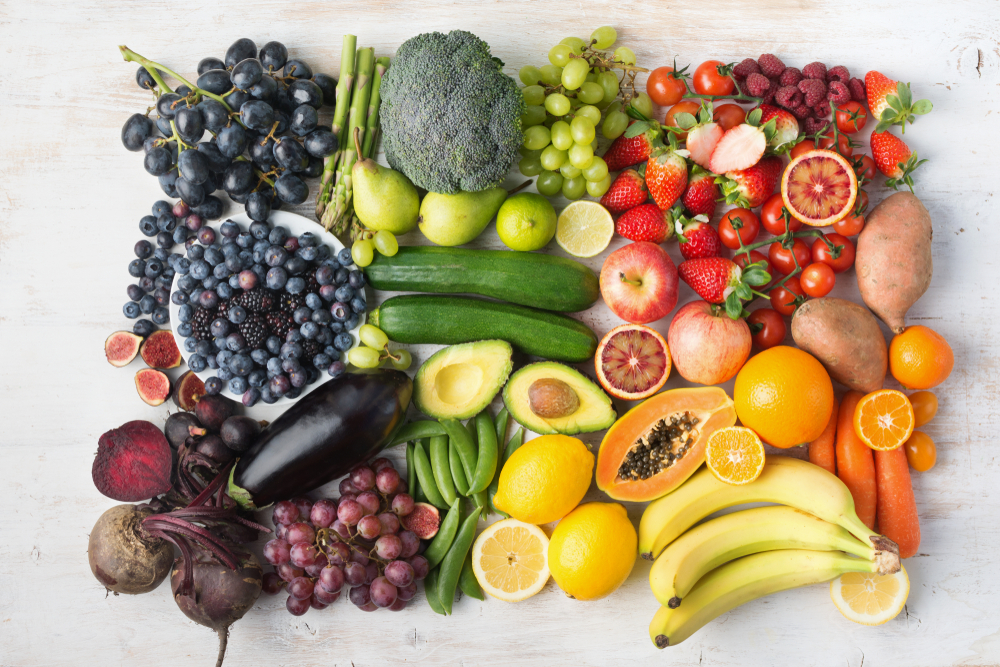
As an example, magnesium, which is rich in green leafy vegetables and whole grains, fulfils about 200 different functions in the body. It’s essential for a healthy nervous system, the heart, muscles, brain and much more. However, magnesium is frequently deficient in the typical western, highly refined diet. Once this is corrected many find they can sleep much better, have healthier blood pressure readings, and generally feel more balanced.
If you think about the number of essential vitamins and minerals we need, then it’s worth taking a closer look at your diet and increasing the colour on your plate is a great starting point.
Are you happy with your weight?
Unfortunately, gaining weight is generally much easier to achieve than losing it. When the sun shines, we like to be out and about, and this often involves socialising. Of course, there is absolutely nothing wrong with that, but it can become very easy to take in too many calories through eating out and perhaps an increased alcohol intake.
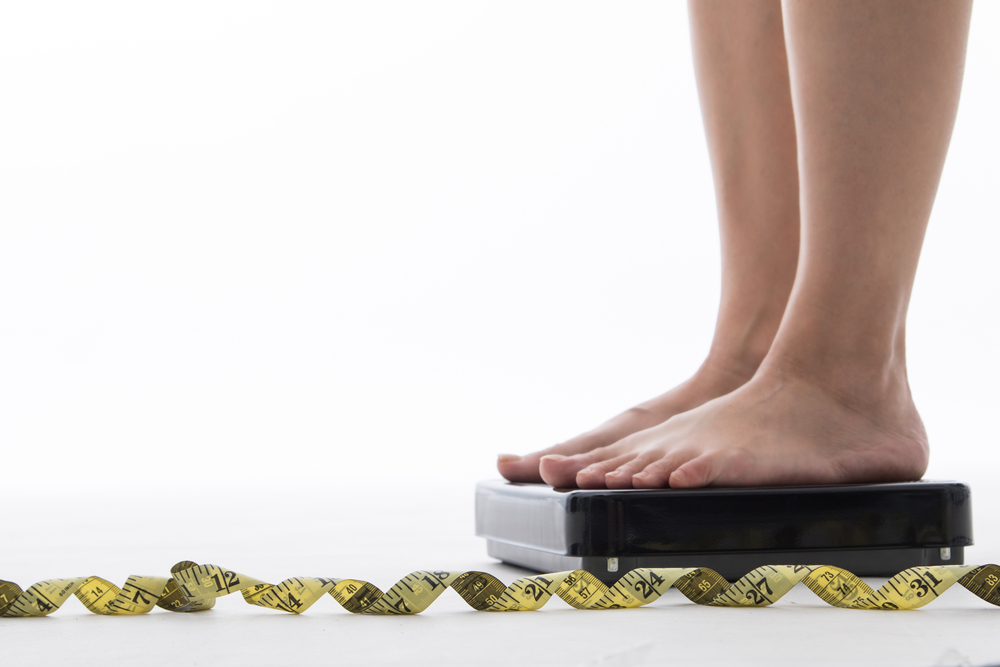
As with everything in life, it’s all about balance. If you’re out eating and drinking alcohol many nights a week, it’s likely to have an impact on your weight. Why not try intermittent fasting which research has shown to be helpful in weight loss? All you need is a clear 12 to 14 hours from eating your last meal in the evening to your breakfast the next morning. Obviously, you need to watch calorie intake generally, but it might be a doable way of keeping on track.
How much are you moving?
The human body evolved to be active. This doesn’t mean you need to spend hours in the gym if that’s not your bag; it’s just about taking regular, preferably daily, exercise of some form. Brisk walking is great, especially if you’re short of time. Perhaps fit a daily walk into your lunchbreak or take some time out on a warm evening for a walk after dinner. If you can find an activity you really enjoy, then so much the better.

It’s also important to do some form of resistance training, especially as we get older and muscle mass naturally declines. This can take the form of strength training using weights, your own body weight (for example, used in many yoga poses), or resistance bands.
How are you sleeping?
We understand more and more just how important sleep is to our health. Humans used to sleep on average around nine hours a night, but this has dwindled to an average of less than seven, which is far from ideal. The sweet spot appears to be between seven and nine hours each night but you will know how much sleep you need from how refreshed you feel when you wake up.

When we sleep, the body repairs, but importantly the brain clears out ‘debris’ which is important for sharp brain function but also for preventing dementia later in life. Getting sufficient sleep is a problem for many people but do try and make it a priority.
Try some good bedtime habits such as taking a warm bath, turning off blue light-emitting devices (such as phones and tablets) at least two hours before bed, practising deep breathing to calm the nervous system and avoid eating too late in the evening. Try some different ways to relax before bed and find what works for you.
There are also some great herbal remedies such as valerian and passionflower, which are both well-researched to help relaxation and aid sleep. Your body deserves some time to repair so it can continue to serve you well.
How is your mindset?
There are always stories in the media that can cause negativity, especially now with the cost-of-living crisis and much more. It takes some practice but do try to block out negativity as much as possible. Writing a short daily gratitude list really helps shift your mindset in a more positive direction.

Keeping positive not only supports mental wellbeing but physical wellbeing too; being weighed down by worries and stress can raise cortisol levels, our stress hormone, which impacts on immune health.
Try to do your own health check this June and make some positive changes; your body and mind will be very grateful!
FOR MORE GREAT NUTRITION AND LIFESTYLE ADVICE:
Sign up to receive our blog and get a weekly dose of the latest nutrition, health and wellness advice direct to your inbox.
For everything you need to know about vitamins, minerals and herbs visit our sister site Vitamin Expert – your essential guide to nutrition and natural health.
Follow us on Instagram @feelaliveuk for nutrition, lifestyle and well-being tips.
Visit us at www.feelaliveuk.com for the latest offers and exclusive Alive! content.
Follow and Chat with Suzie on Twitter @nutritionsuzie
All images: Shutterstock

